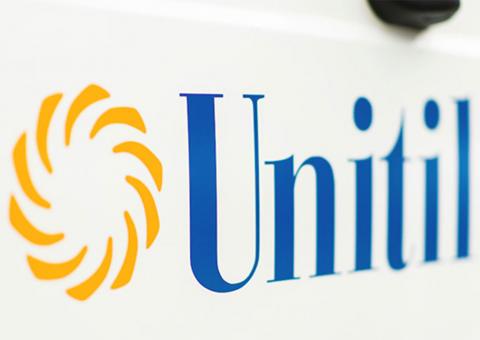In recent years, excessive heat has caused more deaths than all other weather events, including floods. As we head into the hottest days of the season, it is important to remember to protect yourself and your family from unsafe conditions cause by high temperatures. This summer, as part of an ongoing partnership, Unitil and the American Red Cross are teaming up to help customers and area residents safely beat the heat with tips and ideas for households throughout the state.
“We want all New Hampshire residents to keep their families safe, healthy and cool while enjoying the summer season,” said Maria White, CEO for the American Red Cross in New Hampshire.
A heat wave is a prolonged period of excessive heat, often combined with excessive humidity. Generally temperatures are 10 degrees or more above the average high temperature for the region during summer months, last for a long period of time and occur with high humidity as well. High temperatures can also put an added strain on the local electric infrastructure, with many people relying on their home air conditioner for comfort.
“In New England, the highest electrical loads on the system occur on the hottest days of the year,” said Alec O’Meara, Unitil’s media relations manager. “It is important not to become overly reliant on any one option to beat the heat and to take precautions to plan for an alternative means to stay cool in the event of an outage caused by this extra load.”
Unitil and the American Red Cross urge customers to take the following precautions:
- Discuss heat safety with members of your household.
Have a plan for wherever you spend time— home, work and school—and prepare for the possibility of power outages. Check the contents of your emergency preparedness kit in case a power outage occurs. Choose places you could go to for relief from the heat during the warmest part of the day, such as shelters, schools, libraries, theaters, or malls. - Stay hydrated.
Drink plenty of fluids even if you do not feel thirsty. Avoid drinks with caffeine or alcohol. Wear loose-fitting, lightweight, light-colored clothing. Avoid dark colors because they absorb the sun’s rays. Use a buddy system when working in excessive heat and take frequent breaks if you must work outdoors. - Check on the health of pets and loved ones.
Check on family, friends and neighbors who do not have air conditioning, who spend much of their time alone or who are more likely to be affected by the heat. Check on your animals frequently to ensure that they are not suffering from the heat. Never leave children or pets alone in enclosed vehicles. - Know the signs of heat exhaustion and heat stroke.
Heat exhaustion typically involves the loss of body fluids through heavy sweating during strenuous exercise or physical labor in high heat and humidity. Signs of heat exhaustion include cool, moist, pale or flushed skin; heavy sweating; headache; nausea; dizziness; weakness; and exhaustion.
If a person shows signs of heat exhaustion, move the person to a cooler place. Remove or loosen tight clothing and apply cool, wet cloths or towels to the skin. Fan the person. If the person is conscious, give small amounts of cool water to drink. Make sure the person drinks slowly and watch for changes in condition. If the person refuses water, vomits or begins to lose consciousness, call 911 immediately.
More information is available at the websites for the American Red Cross in New Hampshire (www.nhredcross.org) and Unitil (www.unitil.com).


